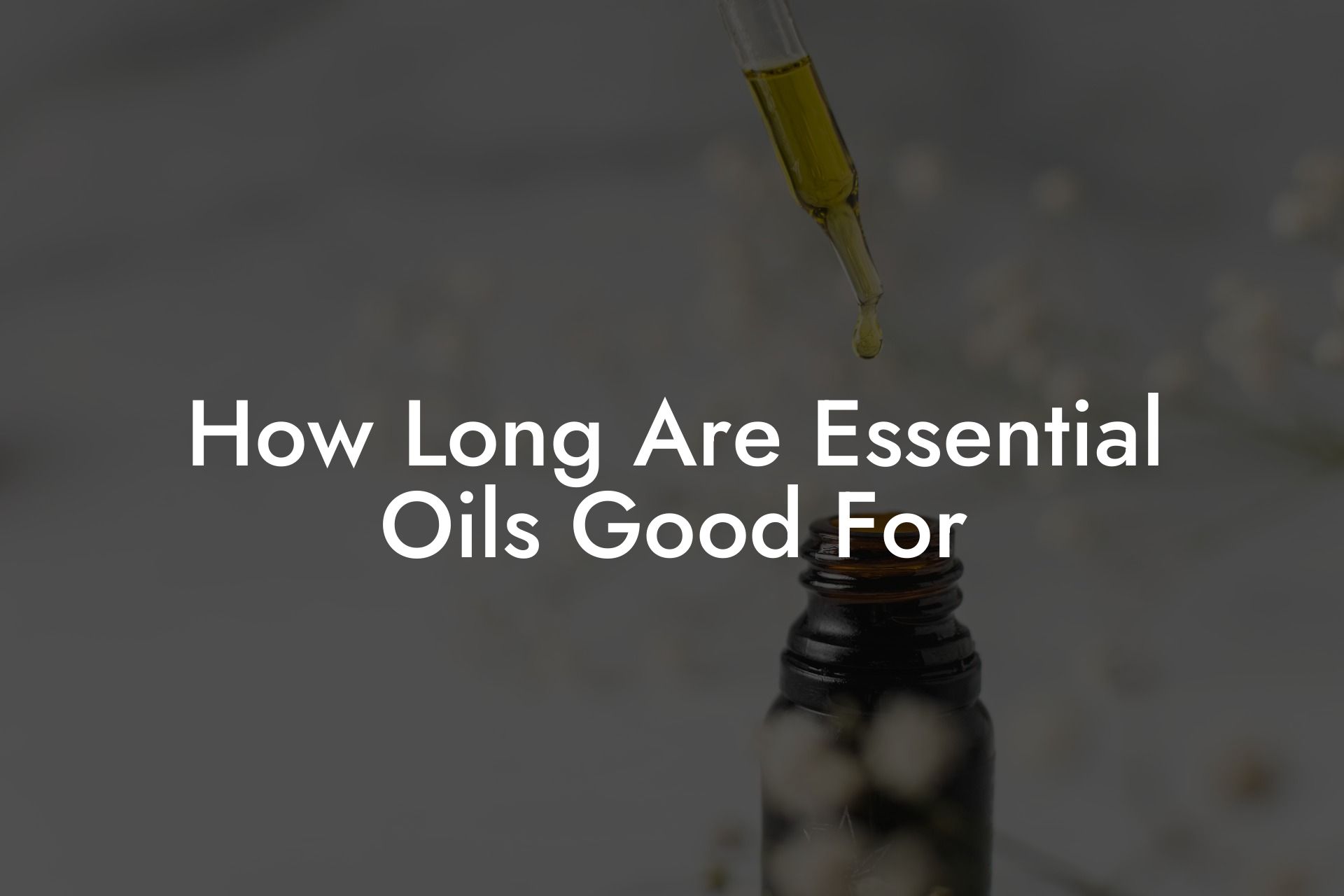Essential oils have gained immense popularity in recent times, thanks to their remarkable therapeutic properties and diverse applications. But how long do these potent botanical extracts stay effective? If you’re an essential oil enthusiast, you might be curious to know the shelf life of your favorite oils and how to keep them in good condition for as long as possible. In this article, we’ll uncover the factors that affect the shelf life of essential oils, and provide some practical tips to help you maintain their potency and efficacy. So let’s delve right into the world of essential oils and discover their longevity secrets.
Table of Contents
Understanding the Shelf Life of Essential Oils
The shelf life of essential oils typically ranges between 1 to 6 years, depending on several factors like the type of oil, its chemical composition, and how it’s stored. Here’s a closer look at these factors:
Type of Oil
Different essential oils have varying shelf lives, mainly because of the differences in their chemical compositions.
- Citrus Oils: Oils like lemon, grapefruit, and bergamot have a relatively short shelf life of 1 to 2 years due to their high limonene content, which tends to oxidize more quickly.
- Floral Oils: Oils from flowers like lavender, geranium, and chamomile have a shelf life of around 3 to 4 years.
- Spice and Herb Oils: Oils like rosemary, clove, and eucalyptus last for approximately 4 to 5 years.
- Resin and Wood Oils: Long-lasting oils such as frankincense, sandalwood, and patchouli have a shelf life of up to 6 years or more.
Chemical Composition
The shelf life of essential oils is determined largely by their chemical stability, which is influenced by factors like oxygen exposure, light, heat, and humidity.
- Oxidation: Essential oils react with oxygen over time, leading to oxidation, which reduces their potency and efficacy. Oils with high levels of monoterpenes and esters are more susceptible to oxidation.
- Light and Heat: Exposure to direct sunlight and heat can speed up the oxidation process and also cause the evaporation of volatile compounds in essential oils.
- Humidity: High humidity can promote the growth of microbes and cause essential oils to deteriorate more quickly.
How to Extend the Shelf Life of Essential Oils
To maximize the shelf life of your essential oils and enjoy their benefits for as long as possible, follow these best practices:
- Store essential oils in dark, airtight glass bottles to minimize exposure to oxygen and light.
- Keep essential oils away from direct sunlight, heat sources, and temperature fluctuations. A cool, dark cupboard or drawer is ideal for storage.
- Always use clean, dry utensils or droppers to prevent contamination and microbial growth.
- Refrigerate certain oils, such as citrus oils, to slow down the oxidation process. Just remember to allow them to reach room temperature before use.
- Write the date of purchase on the label so you can keep track of the age of your essential oils.
How Long Are Essential Oils Good For Example:
Here’s an example of what to expect from essential oils stored under ideal conditions:
- Lemon oil (citrus): 1-2 years shelf life
- Lavender oil (floral): 3-4 years shelf life
- Eucalyptus oil (herb): 4-5 years shelf life
- Frankincense oil (resin): 6 years or more shelf life
Now that you’re well-equipped with the knowledge of how long essential oils are good for, it’s time to implement the best practices and get the most out of your oils. Don’t shy away from sharing this article with your friends who can benefit from learning about essential oil longevity. Be sure to explore other insightful guides on Oshu Oils’ blog and check out our range of premium Artisan Essential Earth Oils to elevate your wellbeing. With proper care and storage, your essential oils will continue to provide their therapeutic benefits for years, allowing you to reap the goodness they have to offer.





















